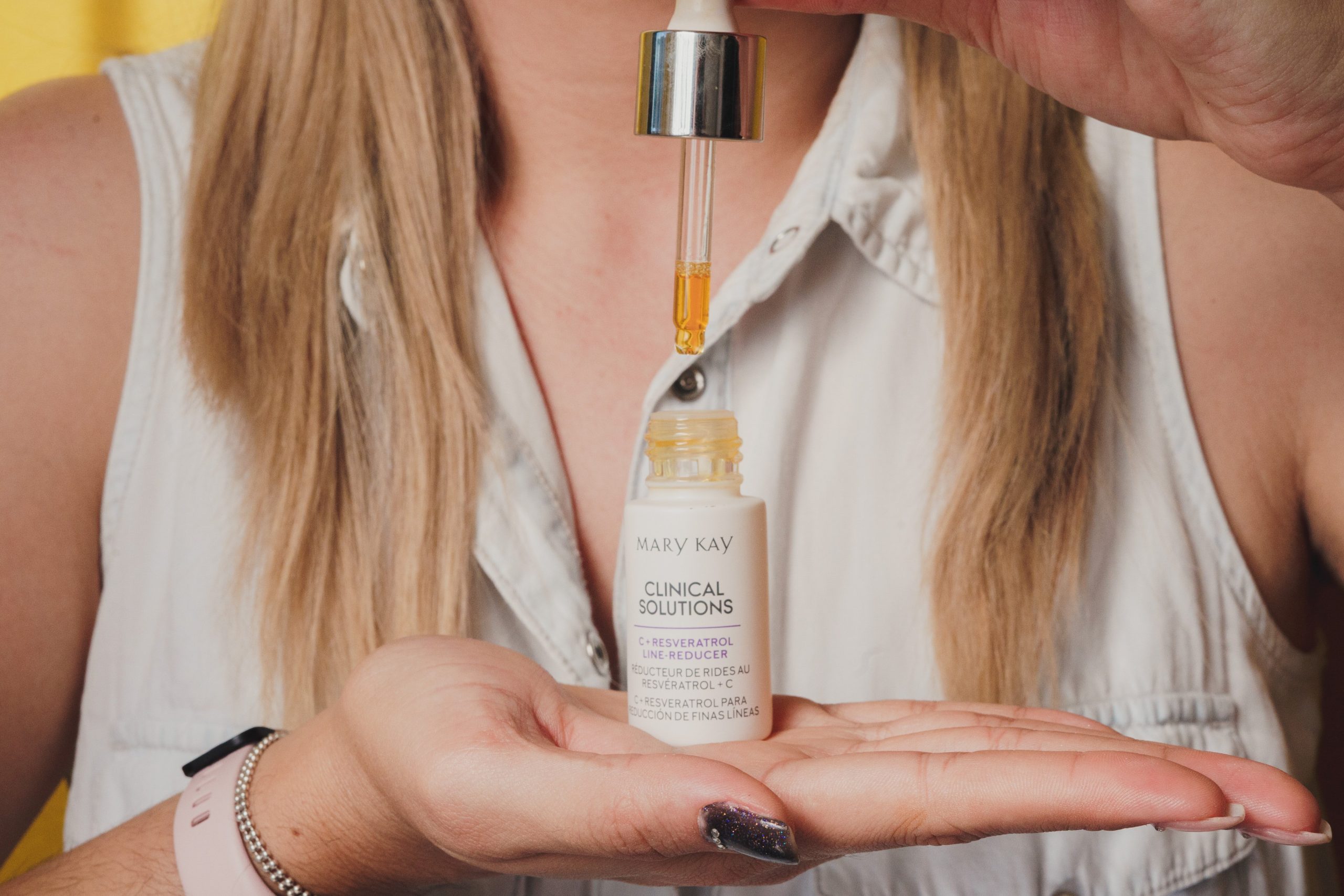Skin icing is a popular skincare technique that is believed to offer several benefits for the skin. While scientific evidence supporting these claims is limited, many individuals find skin icing to be a refreshing and beneficial addition to their skincare routine. Here are five potential benefits associated with skin icing:
1. Reduced inflammation: Cold temperatures can help alleviate inflammation in the skin. Inflammatory skin conditions such as acne, rosacea, or eczema may benefit from skin icing, as it can temporarily reduce redness, swelling, and irritation. However, it is important to note that skin icing should not replace appropriate medical treatments for these conditions.
2. Pore tightening: Skin icing may help minimize the appearance of enlarged pores. The cold temperature causes vasoconstriction, which can temporarily tighten the skin and reduce the visibility of pores. This effect is generally short-term and may not lead to long-lasting pore size reduction.
3. Improved circulation: Applying cold temperatures to the skin can constrict blood vessels, leading to vasoconstriction. Once the cold stimulus is removed, the blood vessels dilate, resulting in increased blood flow to the area. Enhanced circulation can contribute to improved delivery of oxygen, nutrients, and growth factors to the skin cells, promoting a healthy complexion.
4. Reduced puffiness and under-eye circles: Skin icing is often used to alleviate puffiness and diminish the appearance of under-eye circles. The cold temperature helps constrict blood vessels and reduces fluid retention, which can minimize swelling and make the under-eye area appear less puffy.
5. Temporary wrinkle reduction: Skin icing may provide a temporary smoothing effect on fine lines and wrinkles. The cold temperature causes the skin to tighten, which can make lines and wrinkles appear less prominent. However, this effect is temporary and typically lasts for a short period of time.
It is important to note that individual results may vary, and the effectiveness of skin icing can depend on various factors, including skin type, specific concerns, and overall skincare routine. If you are considering skin icing, it is advisable to consult with a dermatologist or skincare professional to ensure it is suitable for your skin and to receive personalized recommendations.










